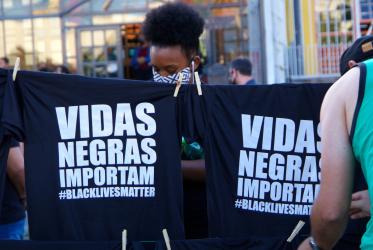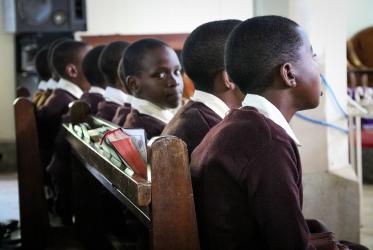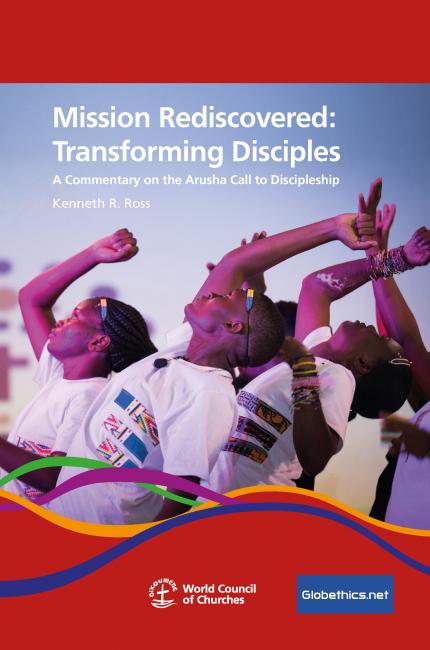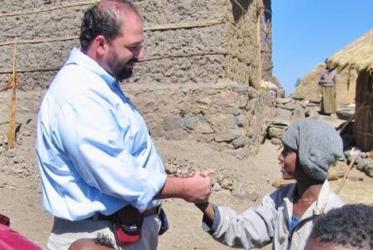Displaying 61 - 80 of 89
09 December 2021
ZacTax Toolkit
24 November 2021
African church leaders train in leadership, diakonia and development
12 November 2021
Churches offer some relief in Kenya’s drought disaster
16 September 2021
Walk the Talk
A Toolkit to Accompany the "Roadmap for Congregations, Communities and Churches for an Economy of Life and Ecological Justice"
31 August 2021
Mission Rediscovered: Transforming Disciples
A Commentary on the Arusha Call to Discipleship
02 December 2020

















